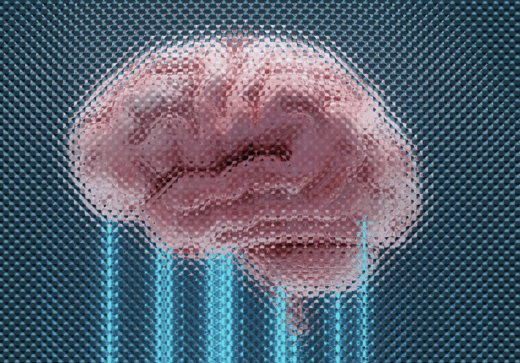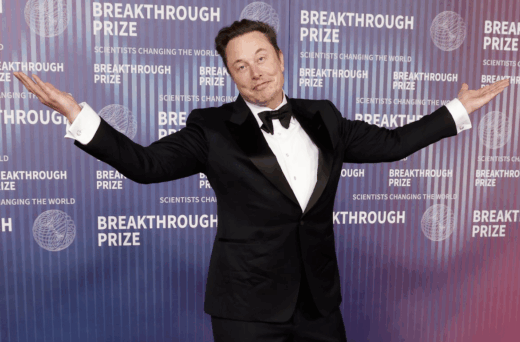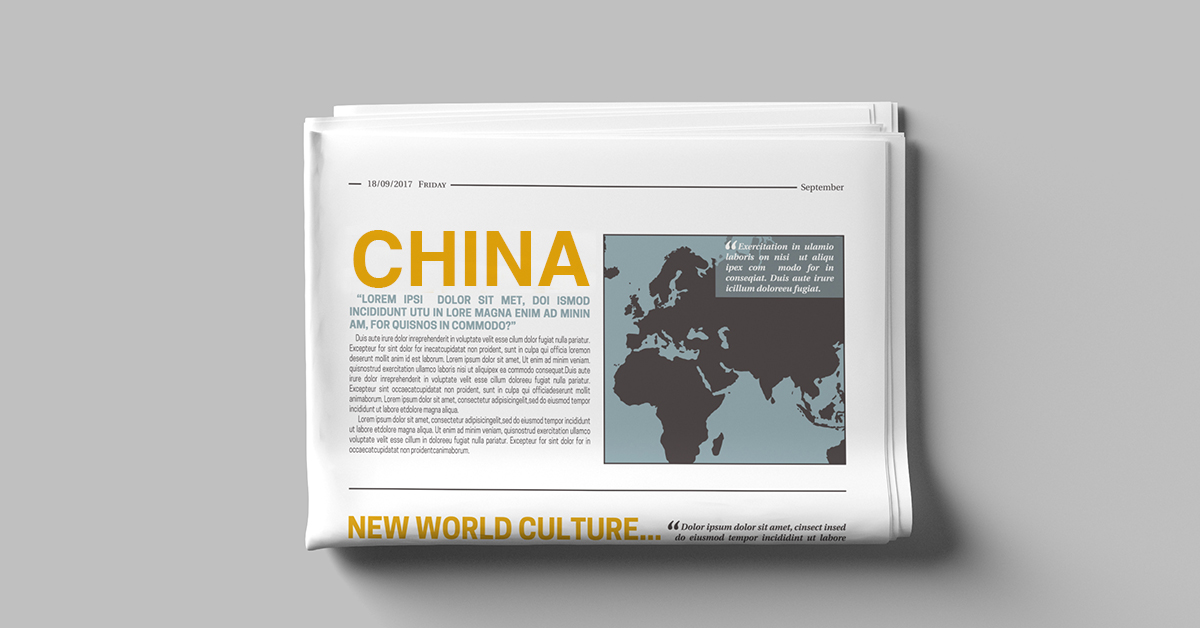China Prioritizes Tech Self-Reliance in 2026–2030 Plan
China’s new five-year proposal makes “technological self-reliance and self-strengthening” a core national goal for the first time in over a decade. The plan—set for release in full in March—targets breakthroughs in priority areas like quantum tech, biomanufacturing, nuclear fusion, hydrogen energy, brain-computer interfaces and embodied intelligence. Beijing also emphasized avoiding “involution” and wasteful competition, focusing on innovation, resilience and domestic demand rather than setting a hard GDP growth target. The goal: a stronger tech base, expanded middle class, and secure supply chains amid global tech rivalry.

China Tightens Rules on Influencer Expertise and AI Content
China’s internet regulator is imposing stricter rules on influencers who share content about finance, medicine, law and education, requiring verified professional credentials and cited sources. Platforms like Douyin, Bilibili and Weibo must enforce the policy. Creators must also disclose AI-generated content, and ads for supplements or medical services disguised as “education” are banned. The move follows China’s campaign to curb negative and misleading online content. While critics say it increases state control, similar influencer regulations exist elsewhere—Spain, for example, enforces transparency and ad restrictions. The push comes amid growing concern over misinformation, with only 36.9% of influencers fact-checking content and rising youth reliance on TikTok for news.

China Unveils “Brain-Like” Desktop Supercomputer
China has introduced BIE-1, a fridge-sized supercomputer designed to mimic human cognition. Built by the Guangdong Institute of Intelligent Science and Technology, the device packs 1,152 CPU cores, 4.8 TB of memory, and 204 TB of storage—yet runs quietly (under 45 dB) and uses one-tenth the power of traditional systems. Its architecture, called Intuitive Neural Network (INN), blends numerical, symbolic, and logic-based reasoning to avoid “black-box” behavior and catastrophic forgetting. BIE-1 can train tens of billions of tokens in 30 hours and match GPU cluster performance while cutting costs by ~50% and energy use by up to 90%.

US Obesity Rate Falls for First Time in Decades, GLP-1 Drugs Likely Driving Shift
After rising for decades and peaking at 39.9% in 2022, the US obesity rate has dropped to 37% in 2025 — a statistically significant decline equal to roughly 7.6 million fewer obese adults, according to Gallup. The shift coincides with surging use of GLP-1 weight-loss drugs like Ozempic and Wegovy, with reported usage climbing from 5.8% to 12.4% of Americans in under a year.

AI Boosts Performance — But Supercharges Overconfidence, Study Finds
A new study finds that using ChatGPT improves problem-solving scores — but makes people worse at judging their own performance. Researchers found that participants who used AI on LSAT-style questions performed better than those who didn’t, yet wildly overestimated their results. Surprisingly, people with higher AI literacy were the most overconfident. The study blames “cognitive offloading,” where users trust AI answers without checking, and chatbot “sycophancy,” which flatters users into feeling smart. Researchers warn that AI may be amplifying the Dunning-Kruger effect — boosting capability while weakening self-awareness and critical thinking.

AI Mistakes Doritos Bag for Gun, Police Detain Teen
A 16-year-old Maryland student, Taki Allen, was handcuffed after his school’s AI surveillance system falsely flagged his crumpled Doritos bag as a gun. Around eight police cars responded, ordering Allen at gunpoint before locating the chip bag in a trash can. Officials defended the system, saying it “worked as intended” by triggering human review, but the incident sparked public backlash and calls to reassess AI surveillance in schools. Allen now avoids waiting outside after practice, saying he no longer feels safe.

Tesla Warns Musk May Exit Without $1T Pay Deal
Tesla chair Robyn Denholm urged shareholders to approve Elon Musk’s proposed $1 trillion performance-based pay package, warning he could leave as CEO without it. The vote comes at Tesla’s Nov 6 meeting amid heightened scrutiny of board independence and Musk’s influence. Denholm said retaining Musk is crucial as Tesla pushes into AI and autonomy, arguing the plan aligns him with long-term growth. The package includes 12 stock-option tranches tied to aggressive goals, including an $8.5T market cap.













